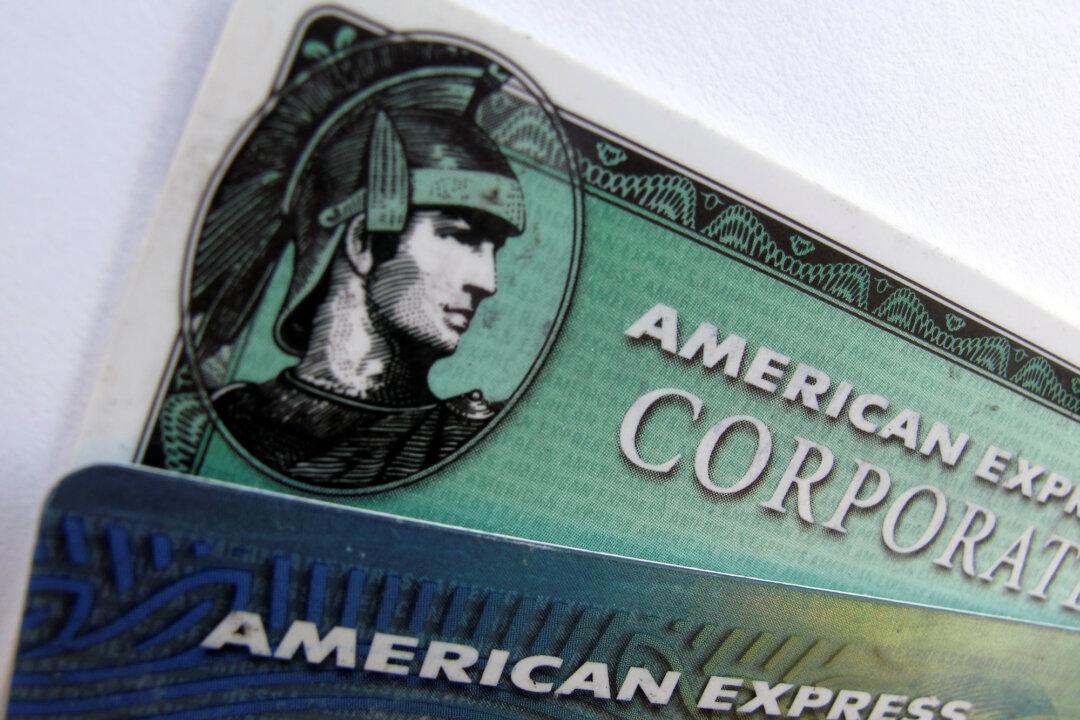Lenders are bracing for a wave of credit card defaults as the pandemic-driven economic shutdowns drag on, impacting the ability of consumers to pay back debt racked up when America’s economy was in the midst of a historic boom.
One out of every four American adults say someone in their household has lost a job to the pandemic, according to a new poll from The Associated Press-NORC Center for Public Affairs Research (AP-NORC). Recent Labor Department data shows that over the past five weeks, over 26 million Americans filed jobless claims, erasing all the job gains since the 2008 financial crisis.





